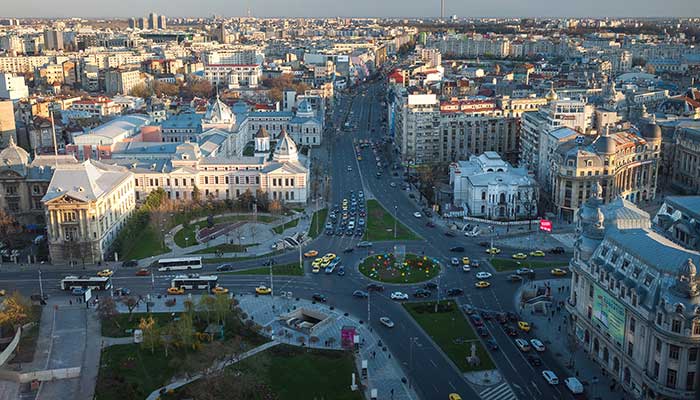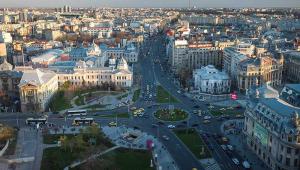web_bucharest_shutterstock_275913692.jpg

Bucharest, Romania, reportedly saw crowds of at least 150,000 protesting a roll back of anti-corruption laws in the country.
The government argues the measure, which decriminalises several offences related to abuse of power, conflicts of interest and misconduct, is necessary to reduce overcrowding in prisons.
But the move has sparked some of the largest protests the capital Bucharest has ever seen with demonstrations also taking place in other towns and cities as Romanians reject what they see as the decriminalisation of corruption.
Some officials sentenced to less than five years for their crimes could be granted amnesty, while other measures include making offenders serve jail time only if their misconduct entailed financial sums above €44,000 ($48,000).
Government opponents also warn that further anti-corruption protections could be rolled back in the coming days.
In the past, Romania’s enthusiasm to stamp out corruption has won it international praise. As its neighbours like Bulgaria struggled, Romania seemed to storm ahead and counter narratives that the European Union’s eastern enlargement had been too hasty.
The country’s National Anticorruption Directorate (DNA) has led the charge, aggressively pursuing and indicting as many as 1,250 public officials in one year, including a sitting prime minister.
Now, the country’s international partners have had to about face. After the decree was passed on Tuesday, the US, Canada, France, the Netherlands and Belgium issued a joint statement calling for its repeal.
Yesterday, president and vice president of the European Commission Jean-Claude Juncker and Frans Timmermans issued a statement warning Romania against “backtracking”.
The country has edged up Transparency International’s corruption perceptions index in recent years, rising above other European Union countries like Greece and Italy after being second only to Bulgaria.
It and its southern neighbour are subject to a corruption monitoring scheme led by the commission, although previously Juncker has commended Romania for its efforts and said it could end its oversight by 2019.
But he and Timmermans have now warned that the irreversibility of the progress achieved so far was a key factor in whether monitoring could be phased out.
“Any steps that undermine this progress, or have the effect of weakening or shrinking the scope of corruption as an offence, would have an impact,” they wrote in the statement.
“The fight against corruption needs to be advanced, not undone. We are following the latest developments with great concern.”













